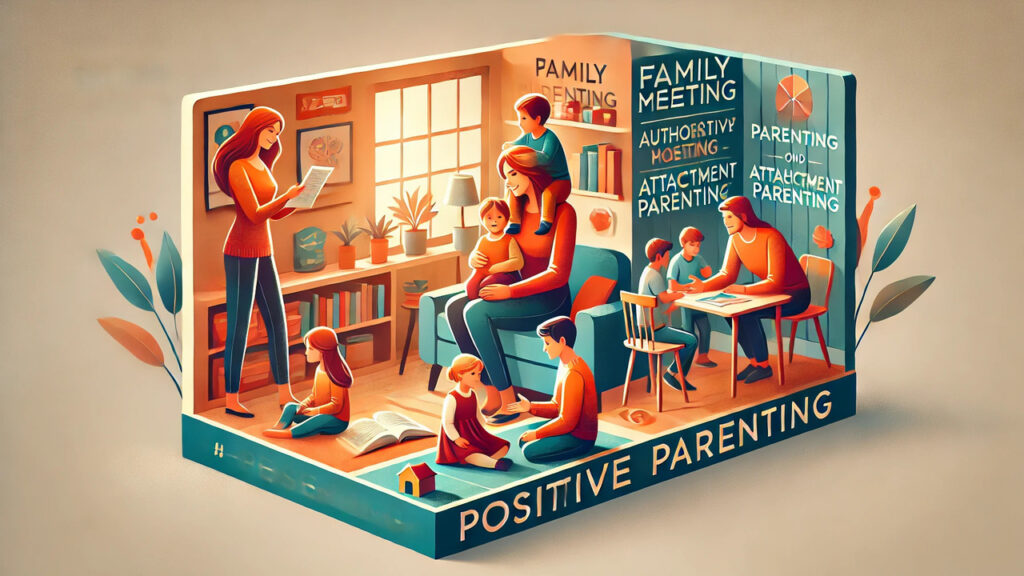The internet age has ushered in an era of hyper-visibility, particularly regarding parenting. Social media feeds overflow with picture-perfect families, curated lunches, and expertly staged “candid” moments. Within this landscape, a figure like Chelsea Acton Famous Parenting, a seemingly ordinary parent, could rise to a place of unexpected influence.
While “Chelsea Acton Famous Parenting” might not be a household name, she represents a growing trend—the micro-influencer parent. Like many others, her appeal could lie in the perceived authenticity of her approach. Perhaps her feed showcases messy kitchens alongside home-cooked meals, celebrates imperfect craft projects, or normalizes the chaos of raising children.
The Hunger for “Real” Parenting:
Many parents crave relatable role models in a world saturated with polished images. Chelsea Acton, in this fictional context, could embody that relatability. Her “famous parenting” might not stem from revolutionary methods but from a willingness to share family life’s everyday joys and struggles without pretence.
This resonates deeply with a generation of parents navigating anxieties about their adequacy. When bombarded with images of seemingly effortless parenting, it’s easy to feel like one falls short. The Chelsea Actons of the digital world offer a counter-narrative, suggesting that good parenting isn’t about perfection but presence, connection, and embracing the beautiful mess.
The Power of Community and Shared Experiences:
Chelsea Acton’s hypothetical rise to fame could also be attributed to the power of online communities. Platforms like Instagram, TikTok, and parenting blogs have fostered spaces for parents to connect, share experiences, and seek support. Within these communities, a parent like Chelsea could find a dedicated following with her relatable anecdotes and practical advice.
Her content might resonate because it validates the everyday struggles of parenthood—the sleepless nights, the tantrums in the cereal aisle, and the constant juggling of work and family. By sharing her experiences, she normalizes these challenges and creates a space for parents to feel seen and understood.
A Note of Caution: The Illusion of “Famous Parenting”:
While figures like the fictional Chelsea Acton can offer valuable connection and support, it’s crucial to remember that social media presents a curated reality. Even accounts that strive for authenticity ultimately present a carefully selected narrative.
Parents need to engage with this content critically, taking what resonates while recognizing that no one individual holds the key to perfect parenting.
The Takeaway:
While fictional, the fascination with “Chelsea Acton’s famous parenting” highlights a broader cultural phenomenon. We seek authentic connection and relatable guidance in an age of digital overload. While online personalities can offer valuable insights and community, the most meaningful parenting journey is forged within each family’s unique dynamics.
FAQs About “Chelsea Acton Famous Parenting”
Q: Who is Chelsea Acton, and what is she famous for?
A: in this context, Chelsea Acton is a fictional representation of a micro-influencer parent who gains a following for her relatable approach to parenting. She isn’t necessarily famous traditionally but has cultivated a dedicated community online.
Q: What are Chelsea Acton’s fundamental parenting principles?
A: Since this is a fictional scenario, no set principles exist. However, her appeal likely stems from embracing imperfection, focusing on connection over perfection, and sharing the realities of everyday family life.
Q: Does Chelsea Acton offer any parenting courses or products?
A: As a fictional figure, she doesn’t. However, her hypothetical popularity could involve brand partnerships, sponsored content, or collaborations aligned with her parenting philosophy.
Q: Where can I find Chelsea Acton online?
A: Chelsea Acton is fictional, so she doesn’t have social media accounts. This emphasizes that her persona represents a broader trend of online parenting influence.
Q: How do I know if an online parenting expert is credible?
A: Look for credentials (e.g., child development experts), evidence-based advice, transparency about their background, and whether they acknowledge diverse parenting experiences.
Q: Is it healthy to compare my parenting to what I see online?
A: Constant comparison can be detrimental. Remember, social media often portrays idealized versions of reality. Focus on your family’s unique needs and values.
Q: Can online parenting communities be helpful?
A: They can offer support, shared experiences, and resources. However, be mindful of echo chambers, misinformation, and the potential for judgment.
Q: How do I balance online parenting advice and trusting my instincts?
A: Gather information from various sources, consider what aligns with your values, and don’t fear seeking professional guidance when needed. Your instincts as a parent are valuable.
Q: What are the potential downsides of the “famous parenting” trend?
A: It can contribute to unrealistic expectations, pressure to conform, and the commodification of parenting. It’s crucial to maintain a critical perspective.
Also Read: Dr Aaron Wohl Arrested: A Shocking Incident Unfolds
